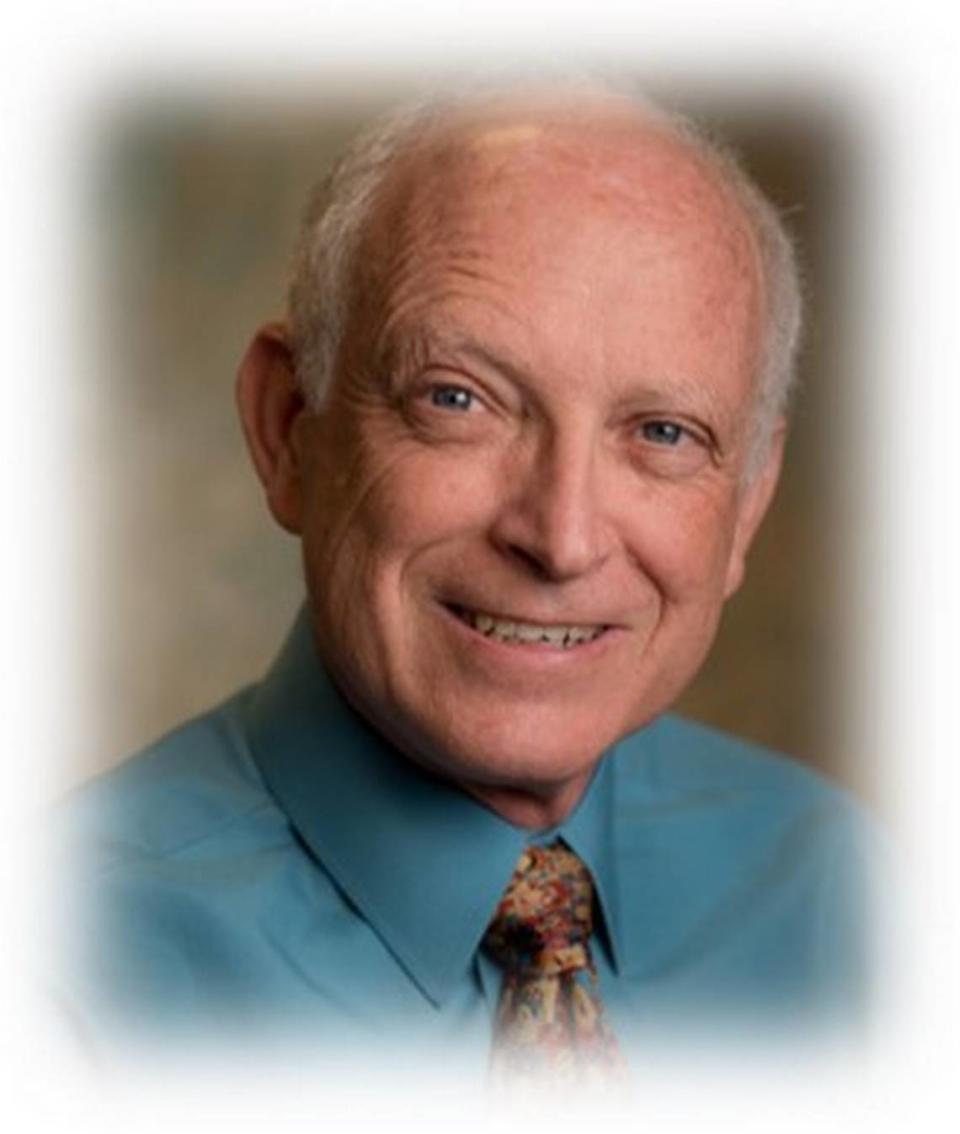Artificial Intelligence: What is it? What are the benefits and risks?
Was that a real person or was it an Artificial Intelligence?
That question is becoming a common thread these days, especially for people using various chat features to do business.
Although Artificial Intelligence (AI) is about six decades old, recent advances in technology have led to an explosion of AI tools. This has triggered enthusiastic and sometimes alarmist discussion of AI in local and national media almost daily, not to mention its dramatic effect on social media.
Is AI a tool that will make life easier, help in identification of disease, and assist education and scientific research or is it a source of fake information and something that will in some way take control of society?
Might it have the potential for both?
On Thursday Oct. 19, the Columbia Basin Badger Club will examine the nature of Artificial Intelligence with a focus on current and potential benefits and risks of AI.

What is AI?
Here’s what one popular AI told us when we asked it, “What are you?”
I’m a machine, not a human, but using AI I can communicate with you. I’m here to help you find answers, create content, provide summaries on a variety of topics, and more.
Keep in mind that I sometimes make mistakes. Use your own judgment and double check the facts before making decisions or taking action based on my answers.
Robert Rallo, a human AI researcher with three decades of experience working on different aspects of AI will describe its multiple forms and types, and talk about what is real, what is hype, and what are the challenges, opportunities and risks.
Michael Goodchild, retired professor of geography, will describe a specific current use of AI that impacts all of us as it is used to collect and analyzes information about location — think of the multiple types of maps and images we see in print and online. He calls this GeoAI.
Our cell phones, use of search engines and other activities can generate a lot of location information about us, our activities, health issues and our community information.
![This illustration photograph taken in Helsinki on June 12, 2023, shows an AI (Artificial Intelligence) logo blended with four fake Twitter accounts bearing profile pictures apparently generated by Artificial Intelligence software. Researchers call them the “American blondes” bright-eyed environment-lovers tweeting passionately in support of the UAE and its handling of the forthcoming COP28 climate summit. The only problem? They are not real.
Ben, Brianna, Emma, Caitlin and Chloe exude optimism about the role of the Gulf state and its COP28 chief, oil executive Sultan Al Jaber, in promoting climate action. (Photo by Olivier MORIN / AFP) / “The erroneous mention[s] appearing in the metadata of this photo by Olivier MORIN has been modified in AFP systems in the following manner: [Twitter accounts bearing profile pictures apparently generated by Artificial Intelligence] instead of [Twitter accounts generated by Artificial Intelligence]. Please immediately remove the erroneous mention[s] from all your online services and delete it (them) from your servers. If you have been authorized by AFP to distribute it (them) to third parties, please ensure that the same actions are carried out by them. Failure to promptly comply with these instructions will entail liability on your part for any continued or post notification usage. Therefore we thank you very much for all your attention and prompt action. We are sorry for the inconvenience this notification may cause and remain at your disposal for any further information you may require.” (Photo by OLIVIER MORIN/AFP via Getty Images)](https://s.yimg.com/ny/api/res/1.2/3NxaJEzuLAZMNQ8NOxuzXg--/YXBwaWQ9aGlnaGxhbmRlcjt3PTk2MDtoPTU0MA--/https://media.zenfs.com/en/tri_city_herald_mcclatchy_articles_655/5cafd0b894b153c9ad29ab8502893d8f)
Such information can be highly useful to understand individual and community behaviors and needs, but also has ethical issues associated with individual privacy, false inferences, and failure to recognize uncertainty.
Rallo is a chemist and computer scientist who currently directs the Advanced Computing, Mathematics, and Data Division at Pacific Northwest National Laboratory.
His research interests are in data-driven analysis and modeling of complex systems of industrial, environmental and social relevance with a focus on the development and application of AI to support scientific discovery.
Before joining PNNL, he was an associate professor (2007–2016) in computer science and AI and the director of the Advanced Technology Innovation Center (2012–2016) at the Universitat Rovira i Virgili in Catalonia.
Michael F. Goodchild is Emeritus Professor of Geography at the University of California, Santa Barbara. He now resides in Washington state and is a member of the board of directors of the Washington State Academy of Sciences, which has the mission to provide expert scientific and engineering assessments to inform public policy in Washington.
His current research interests center on geographic information science, spatial analysis and uncertainty in geographic data. From 1988 to 2008 he was the director of the National Center for Geographical Information and Analysis. He is a member of the National Academy of Sciences and Foreign Member of the Royal Society of Canada.
To register, visit www.columbiabasinbadgers.com. There is no charge for members, and nonmembers pay just $5.
Following the one-hour forum the audience is invited to join Table Talk, the Badger Club’s open-mic half-hour discussion.
Don Baer is a member of the Badger Club board of directors, a member of the Washington State Academy of Sciences and a retired Laboratory Fellow from Pacific Northwest National Laboratory.

